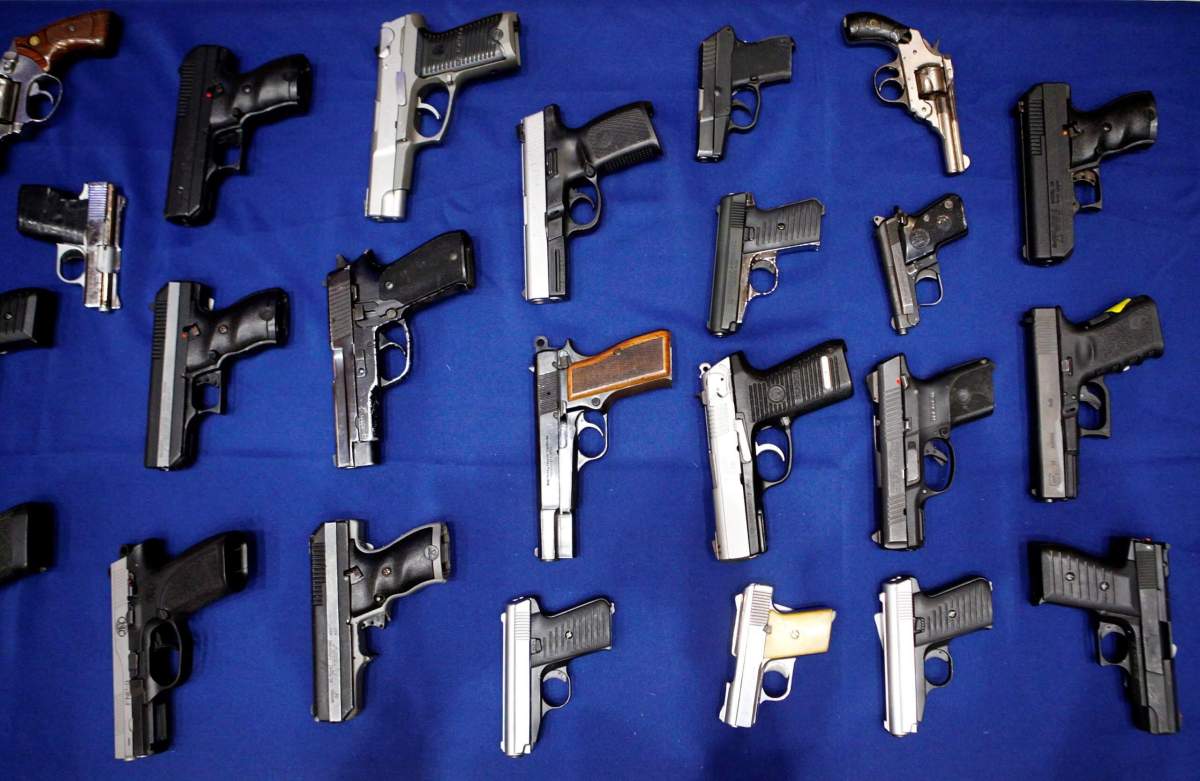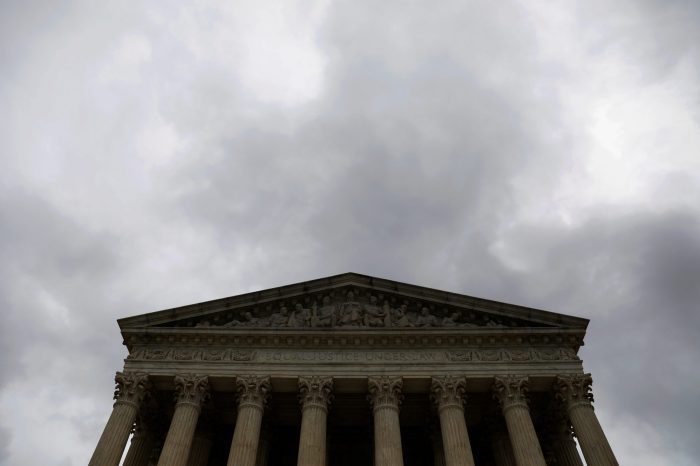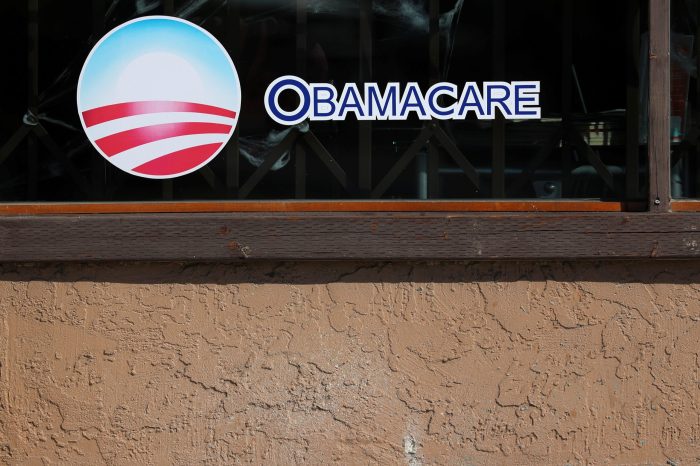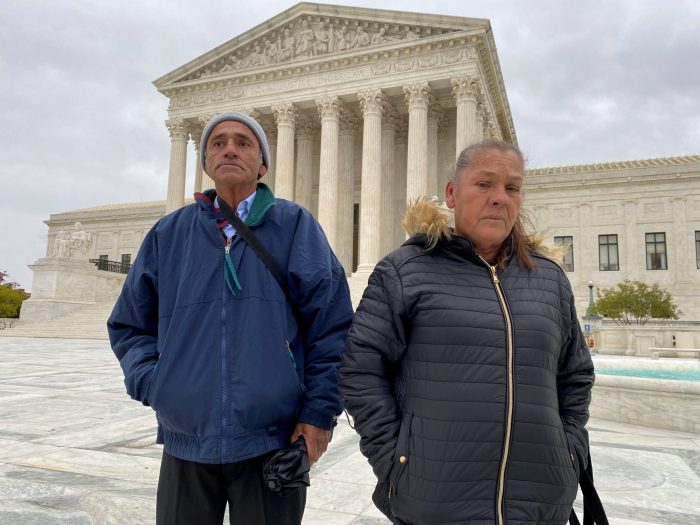The U.S. Supreme Court stepped back into the heated debate over gun rights on Monday, agreeing to hear a challenge backed by the National Rifle Association to New York state’s restrictions on people carrying concealed handguns in public in a case that could further undermine firearms control efforts nationally.
The justices took up an appeal by two gun owners and the New York affiliate of the NRA, an influential gun rights group closely aligned with Republicans, of a lower court ruling throwing out their challenge to the restrictions on concealed handguns outside the home.
Lower courts rejected the argument made by the plaintiffs that the restrictions violated the U.S. Constitution’s Second Amendment right to keep and bear arms. The lawsuit seeks an unfettered right to carry concealed handguns in public.
The case could lead to the most consequential ruling on the scope of the Second Amendment in more than a decade. The court’s 6-3 conservative majority is seen as sympathetic to an expansive view of Second Amendment rights.
A state firearms licensing officer had granted the two gun owners “concealed carry” permits but restricted them to hunting and target practice, prompting the legal challenge.
The debate over gun control in the United States has intensified in the wake of a spate of recent mass shootings. A day after an April 15 mass shooting in Indianapolis in which a gunman killed eight employees at a FedEx facility and then himself, President Joe Biden called gun violence in the United States a “national embarrassment.”
Biden, a long-time advocate of gun control, has taken some steps to tighten federal firearms regulations. But major policy changes would require congressional passage, and Senate Republicans stand in the way of Democratic-backed gun control measures already passed in the House of Representatives.
The case taken by the justices centers on New York’s law on carrying concealed handguns, which requires a showing of “proper cause.” Under the law, residents may obtain licenses that are restricted to hunting and target practice, or if they hold certain jobs, such as a bank messenger or correctional officer.
But to carry a concealed handgun without restriction, applicants must convince a firearms licensing officer that they have an actual – rather than a speculative – need for self-defense.
The New York State Rifle and Pistol Association, along with two of its members from the upstate capital region, Robert Nash and Brandon Koch, sued in federal court. Both men said they “do not face any special or unique danger” to their lives but want carry a handgun for self-defense.
‘RIGHT TO DEFEND OURSELVES’
“We’re confident that the court will tell New York and the other states that our Second Amendment right to defend ourselves is fundamental, and doesn’t vanish when we leave our homes,” said Jason Ouimet, executive director of NRA’s Institute for Legislative Action.
Gun control advocates said that the stakes are especially high given that gun violence has risen during the coronavirus pandemic. A ruling weakening gun control “could make it even harder for cities and states to grapple with this public health crisis,” said Eric Tirschwell, managing director of the Everytown Law legal activist group.
The Supreme Court in a landmark 2008 ruling recognized for the first time an individual’s right to keep guns at home for self-defense, and in 2010 applied that right to the states. The plaintiffs in the New York case asked for that right to be extended beyond the home.
A ruling invalidating New York’s law could imperil similar laws on the books in other states setting various criteria for a concealed-carry license. Seven other states and the District of Columbia impose restrictions that give authorities more discretion to deny concealed firearm permits.
Gun control advocates are concerned that the conservative justices could create a standard for gun control that could imperil measures that states already have implemented such as expanded criminal background checks for gun buyers and “red flag” laws targeting the firearms of people deemed dangerous by the courts.




































